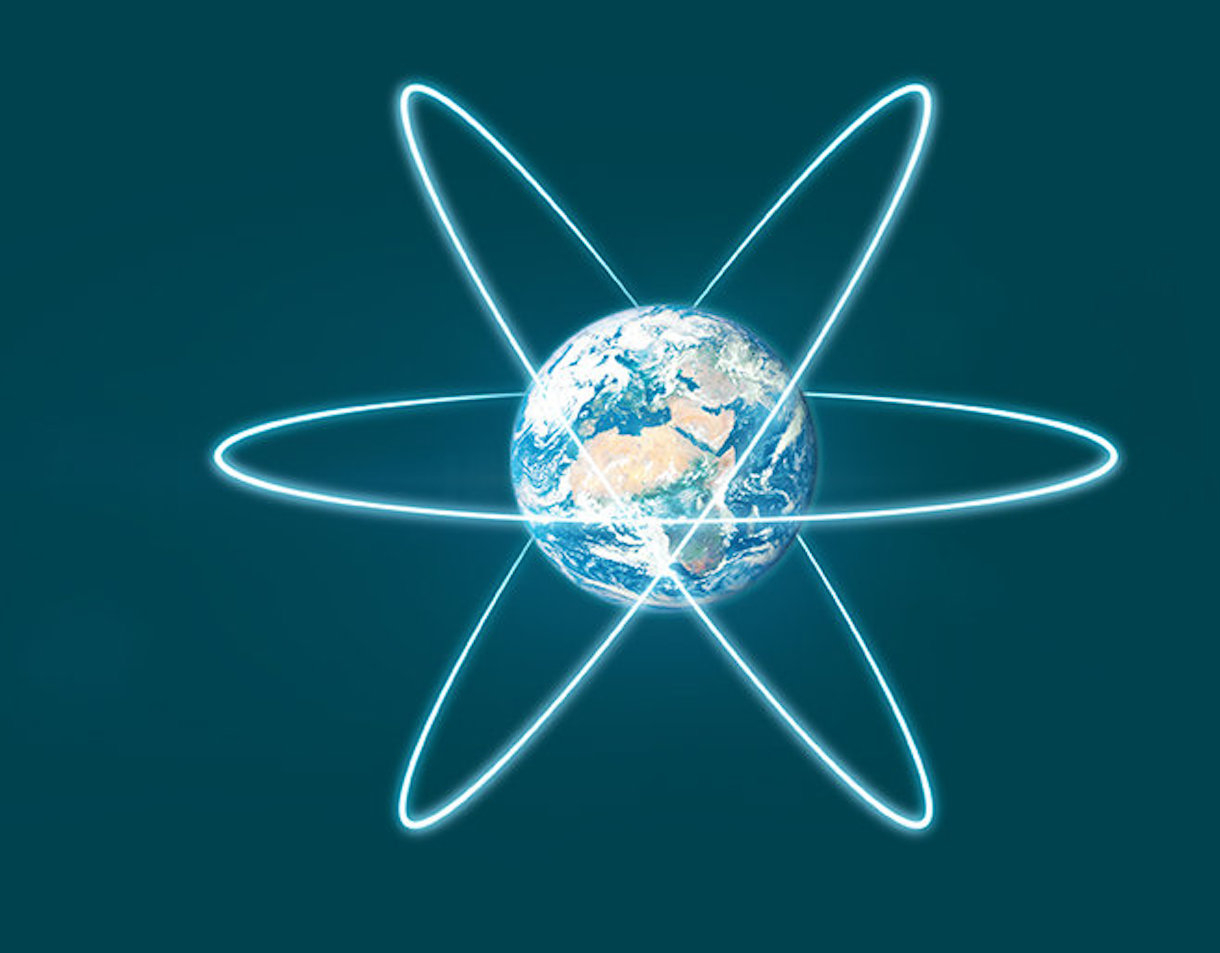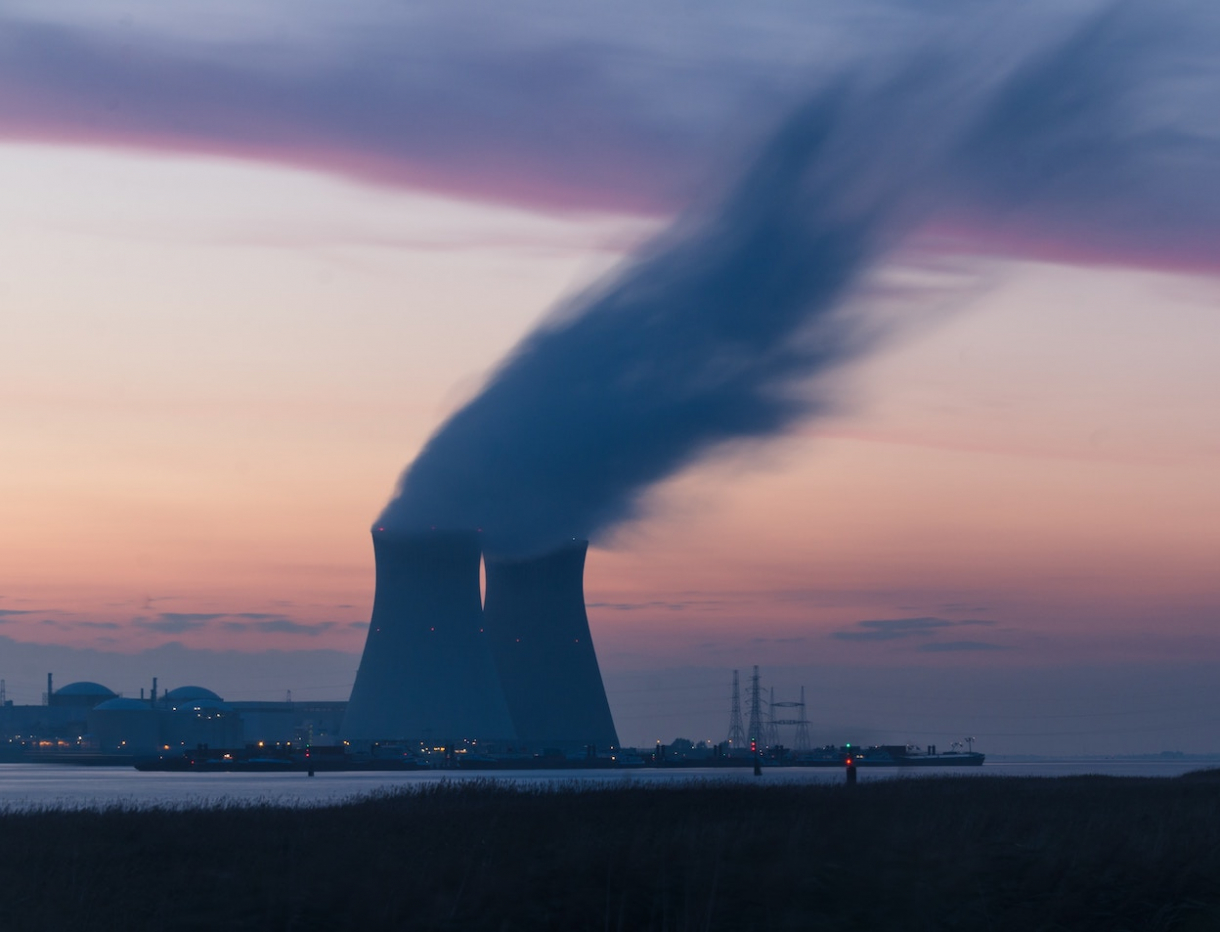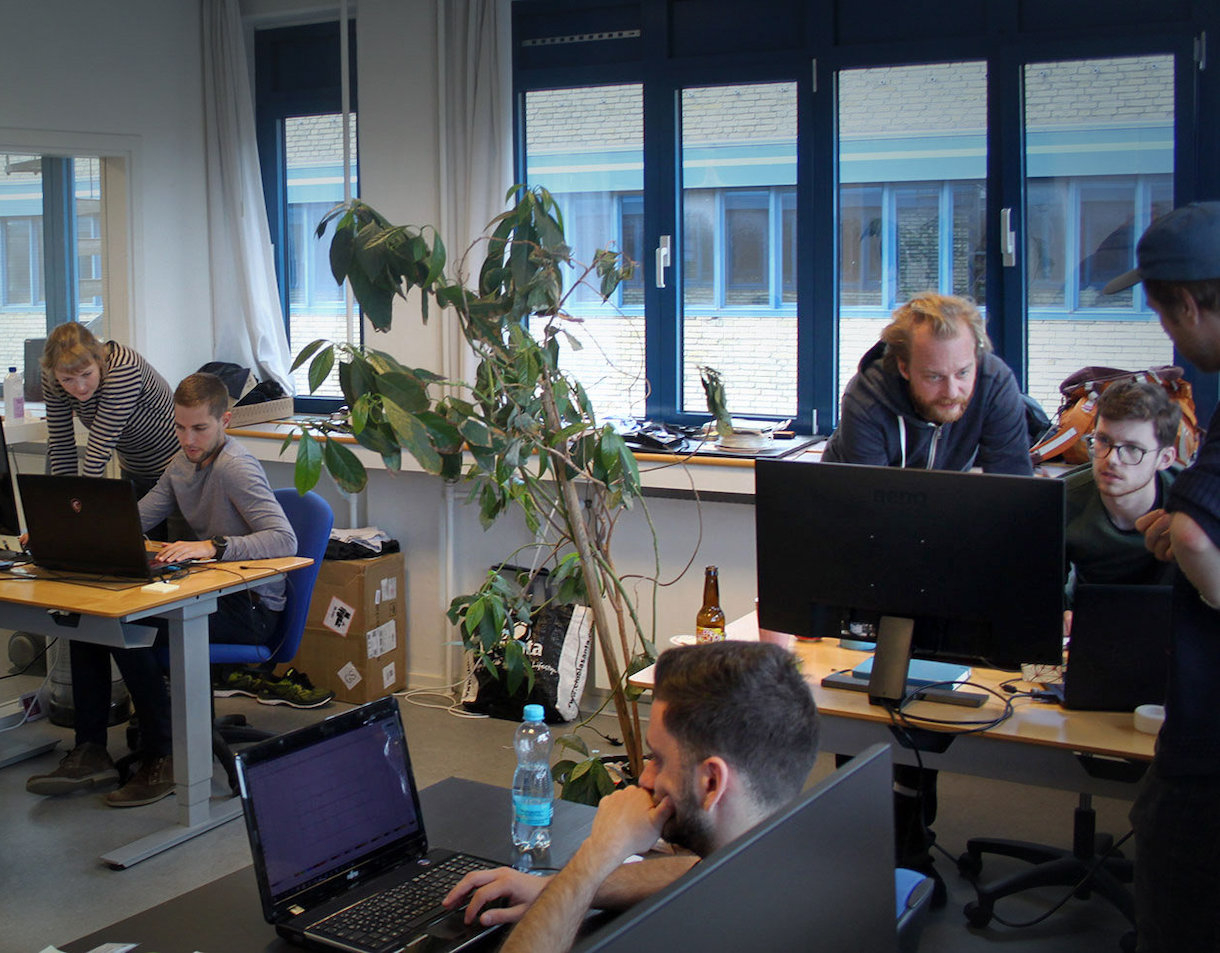At the COP21 climate conference in Paris in 2015, 177 nations signed a memorandum of understanding with the common goal of limiting global warming to less than two degrees. Renewable energy sources, like wind and solar, are key to achieving this goal but currently don’t have the capacity to power industrialised societies alone. Therefore, dirty fossil fuels remain in the picture. As a result, the COP21 declaration agreement states that by 2050 carbon-free, nuclear-based energy sources should be the main single-source contributor to global energy production. To reach these targets, nuclear power output must double over the next 35 years. In other words, the use of nuclear technologies to combat climate change is no longer a choice, but a necessity.
Seaborg Technologies is a green-tech company working to fill this enormous energy gap. At the heart of their revolutionary pursuit, is their fundamentally new type of nuclear reactor based on a combination of molten salt technology and thorium (MSR), an inherently secure and sustainable solution.
By relying on physics rather than complex, engineered safety systems, Seaborg’s reactors will undercut the cheapest energy plants on the market. Their MSR technology is 100% C02 and particle pollution free and uses thorium as a catalyst to convert already-spent old nuclear waste into pure CO2-free energy. In the process, they will reduce the current nuclear waste issue, while creating the thorium fuel needed to sustain the growing global energy demand for centuries. All of this will come at a price lower than even the cheapest fossil-based energy sources today. With scaling, Seaborg’s technology will power the deep decarbonisation the planet so desperately needs.







